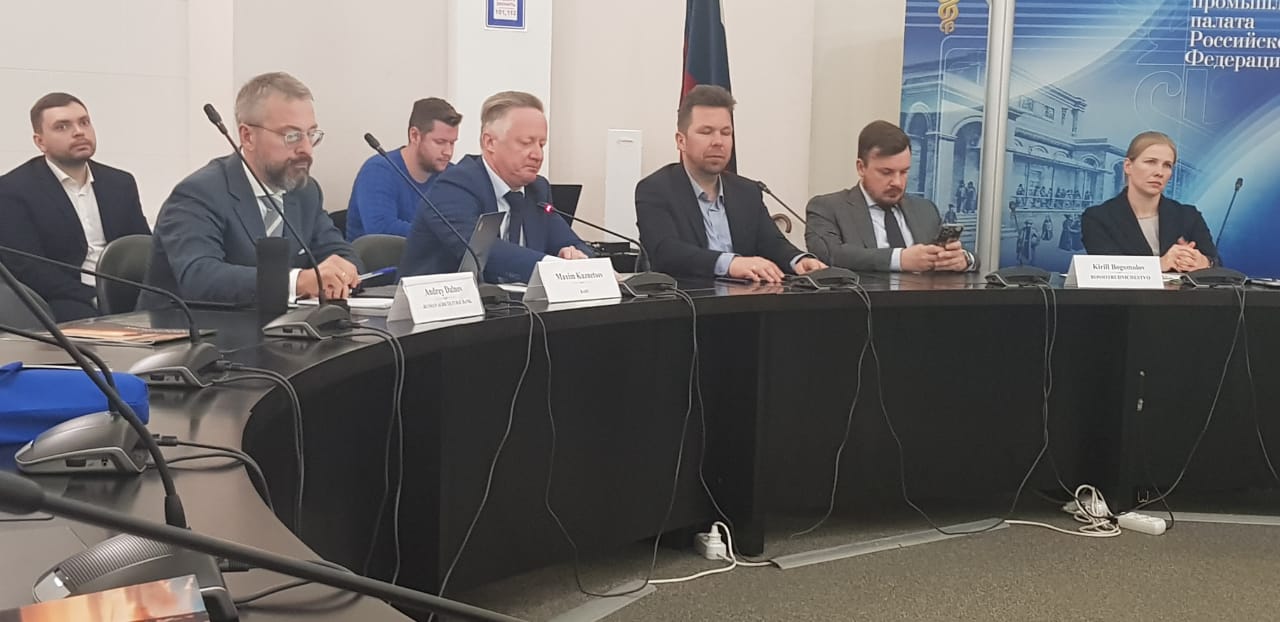Morocco: A Major Importer of Russian Fertilizers and Wheat Russian Experts Highlight Their Country’s Plan for Africa’s Food Sovereignty
Moscow –Driss Addar.
Clarifications provided by Russian experts have revealed Moscow’s interest in strengthening food sovereignty in Africa. The information, presented during a seminar held at the Chamber of Industry and Commerce, highlighted that Morocco ranks second on the list of importers of Russian fertilizers, after South Africa. Russian fertilizers are known for being ecological and clean, particularly phosphate and nitrogen-based fertilizers.
It was noted that Morocco has increased its imports of Russian fertilizers by five and a half times, while South Africa’s imports only grew by 10%, Mozambique by 80%, and Cameroon by 60%.
Additionally, Morocco is also the second-largest importer of Russian wheat in Africa, after Nigeria. In early 2025, Morocco imported about 124,000 tons of Russian wheat, and it also holds a significant position in the import of Russian livestock feed.
Kirill Bogomolov, from the Russian Federal Agency for International Humanitarian Cooperation (Rossotrudnichestvo), stated that the issue of food security in Africa is a priority for Russia, and that the Russian government places great importance on building friendships with African countries in order to support production development and partnerships, aiming to achieve self-sufficiency and food sovereignty.
He noted that the agency, drawing on Russia’s extensive experience in the agricultural sector, collaborates with African countries by studying their policies and visions, confirming the existence of ongoing meetings for this purpose.
For his part, Maxim Kosnitsov, Director of the Russian Fertilizer Production Agency, mentioned that Russia ranks second worldwide after China in this sector. He pointed out that the global population is growing rapidly, and to avoid the resulting challenges, there is only one solution: increasing agricultural output through the use of mineral salts.
However, he emphasized that sanctions on Russia are hindering exports, and the rise in customs duties negatively affects the agricultural sector, as increasing export prices leads to higher fertilizer costs.
He also noted that Russian wheat exports to the United States have significantly declined, forcing the country to produce outside of standards, and reduce the biological base by about 30%, contradicting food security principles.
International cooperation, particularly with African nations in the agricultural field, has increased by 50%, he added. He stressed that 40% of African land suffers from degradation due to the use of low-quality fertilizers, while Russian fertilizers are free from harmful substances.
Anatoly Tikhonov, Director of the Center for Agribusiness and Food Security, remarked that the paradox of today’s world is that there is enough food for everyone, yet hunger and malnutrition continue to grow. He emphasized that this paradox cannot be solved by one country or government alone, but rather requires joint global efforts.
He stressed that Africa faces numerous challenges, with hunger persisting for decades. Although hunger and malnutrition exist globally, Africa bears the highest burden.
Tikhonov affirmed that economic, social, and climate instability can be addressed through agriculture and food sovereignty. He pointed out that Russia’s agricultural partners represent two-thirds of the world, and removing obstacles and ensuring independence attracts many countries to cooperate with Russia, thanks to its technologies and easy logistics.
In this context, he added that about 60% of Russia’s fertilizer exports go to Africa, as part of its commitment to food security. The Center contributes to African food sovereignty efforts by conducting soil studies and composition analyses, paving the way for practical agricultural projects.
Andrei Dalenov, a Russian food security expert at the Russian Bank, stated that Africa has many food products, but demand far exceeds supply. The solution, he said, lies in boosting productivity and strengthening food security, noting that Africa suffers from multiple challenges, including diseases. He also emphasized the need to address the “morality and demand” dilemma, given the negative influence of many companies on consumers.
Natalie Morena, Deputy Dean at the Rosbiotech Faculty of Development and Marketing Technologies, highlighted Russia’s role in training African professionals in the agricultural sector, noting that over 6,300 students are currently involved.
She said that Africa faces many challenges, and Russia offers technological solutions to make agriculture safer and more productive. Regarding fertilizers, she explained that nitrogen-saturated fertilizers cannot focus solely on product quality.
In their interaction with an African press delegation, Russian experts agreed that geopolitical conflicts significantly affect international relations, especially in the agricultural sector, where export costs are rising sharply.
All speakers emphasized that Russia is committed to food security and sovereignty, through the export of clean and ecological fertilizers.








 English
English Español
Español Deutsch
Deutsch Français
Français العربية
العربية